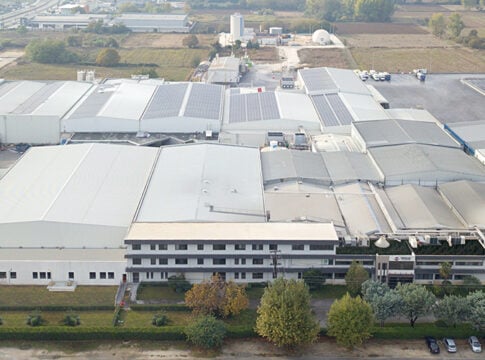International economic activity shows signs of stabilization following the turmoil caused in the last two years by the outbreaks of war in Ukraine and the Middle East, the energy cost crisis and the consequent inflation.
But significant challenges remain, including inflationary pressures on basic goods and uncertainty caused by geopolitical instability, according to the February 2024 Attica Economic Review, which is prepared by Attica Bank in collaboration with IOBE.
Regarding the Greek economy, it slowed down at the end of 2023, but it remained higher than the European average. The annual domestic growth rate eased to 1.2% in the fourth quarter from 2.1% in the previous quarter.
The annual rise in consumption and net exports contributed positively to the growth rate. On the other hand, the contribution of investments was negative. A crucial bet for 2024 is the increase in investments, followed by the systematic recovery of the confidence of the international investment community, as reflected by the reduction in the difference in the cost of public borrowing from the rest of Europe. Inflation eased to 3.2% in early 2024 but remains high in individual categories such as food and housing.
In the short term, the following positive developments stand out:
-At the sectoral level, industrial production registered a mild but steady upward trend at the end of 2023.
-The current account deficit narrowed to 6.3% of GDP in 2023, from 10.3% in 2024, but remains high.
-The fiscal course in the 12-month period of 2023 was recorded within the cash targets.
Among the short-term challenges:
-The labor market showed stagnation in the downward trend of unemployment in January.
-At the sectoral level, retail activity continues to decline at the end of 2023.
-In the banking system, the rate of credit expansion is recorded as reduced, while private deposits also show fatigue.














